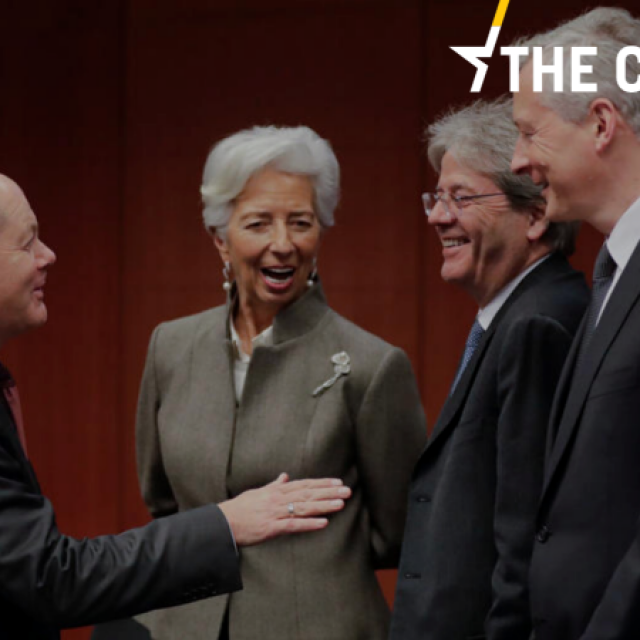
Before you start reading today’s edition of the Capitals, feel free to have a look at the article “Eurogroup agrees on €540 billion corona-package” by Jorge Valero.
***To stay up-to-date on everything to do with the coronavirus across the capitals, feel free to check out EURACTIV’s comprehensive overview, which is regularly updated with the help of our network of offices and media partners.
BUCHAREST. The Romanian government has decided to ban exports of wheat, corn, rice, sunflower and other grains, but also vegetable oil, sugar and various bakery products for as long as the Covid-19 state of emergency is in force.
Romania is one of the largest exporters of cereals in the EU, selling to both European states and other markets such as Middle East countries. In 2018, Romania exported 12 million tons of cereals.
Yet, the sale of majority stakes in companies included in the National Energy System is forbidden during the state of emergency period. Why did the government make such a decision?
EURACTIV Romania’s Bogdan Neagu has more.
///
BERLIN
Warning despite a glimmer of hope. Chancellor Angela Merkel does not see the need for the coronavirus measures to be tightened further in Germany. “The latest developments give reason for cautious hope” as the increase in the number of new cases slowly flattens, Merkel said on Thursday (8 April). However, the Chancellor made an urgent appeal to citizens to stick to the existing restrictions over the Easter holidays, saying that “we must not have a false sense of security”. Further discussion on whether the restrictions on public and economic life can be relaxed will be held on 15 April. In any case, “we will only be able to proceed very slowly”, Merkel said. (Christina Goßner | EURACTIV.de)
///
VIENNA
Survey shows Austrians against making Corona-tracing-apps mandatory. The Austrian Red Cross has already published a smartphone app which lets users collect all their contacts with other app-users. Should a user become infected, all his recent contacts are informed. Early on, data protection activists voiced concern that using the data-gathering app might become mandatory. Philipp Grüll has more.
///
PARIS
Google pressured to pay for content. The French competition watchdog has given Google three months to find an agreement on the remuneration of the journalistic content it broadcasts on its platform, in application of the French law which transposed the EU copyright directive. This law established the creation of a neighbouring right for the press and France was the first country to translate it into law. Therefore, the result of the negotiation will have a significant impact on the rest of the press. EURACTIV France has more.
///
BRUSSELS
Lockdown review. Belgium’s National Security Council, which decided on the lockdown as well as its extension until 19 April, will meet again next Wednesday to evaluate whether to potentially prolong them until 3 May.
Alexandra Brzozowski has the story.
Read also: Flanders chooses EU Green Deal as battleground between regions
///
HELSINKI
Back to the countryside. Normally, thousands of people from Asia, Ukraine and Russia arrive in Finland for the summer months to collect crops in the fields and greenhouses. Because of the coronavirus lockdown, the Finnish agriculture sector is now facing a severe lack of labour force. Pekka Vänttinen reports from Helsinki.
UK – IRELAND
LONDON
Lockdown set to be extended. The government is likely to extend the lockdown following the Easter holidays, with ministers insisting that it is too early to consider lifting restrictions. A decision is set to be made on 17 April, but ministers have hinted that the tight restrictions on movement are likely to remain in place until at least early May.
“We are starting to see the impact of the sacrifices we’ve all made,” said Foreign Secretary Dominic Raab, who is deputising while Prime Minister Boris Johnson is treated in hospital having contracted the coronavirus. Although ministers and the government’s scientific advisors say that the lockdown and social distancing is curbing the spread of the coronavirus, they are warning that the peak of the pandemic in the UK could still be one week away. (Benjamin Fox | EURACTIV.com)
///
_640.png)




Za sudjelovanje u komentarima je potrebna prijava, odnosno registracija ako još nemaš korisnički profil....